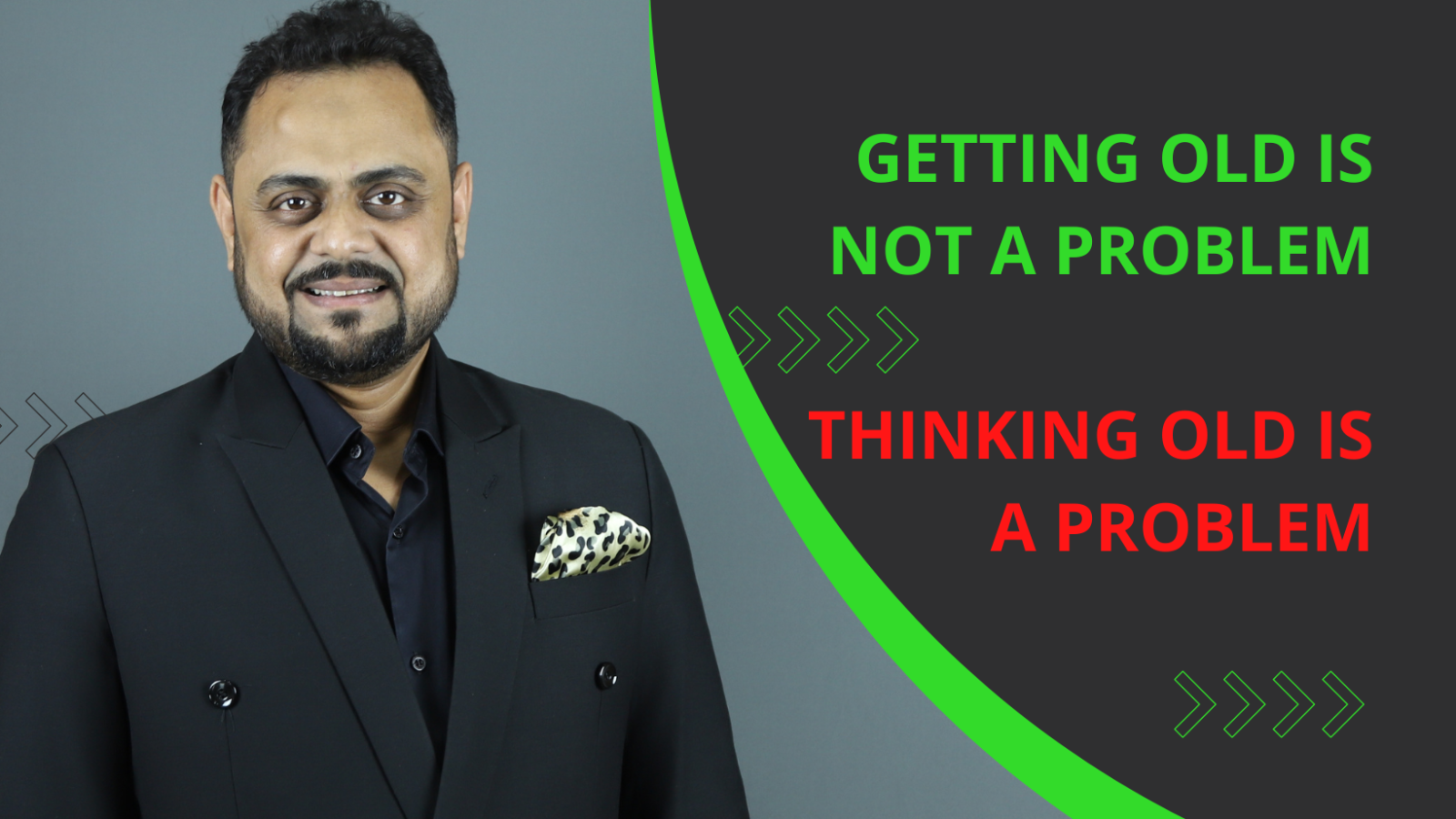It is true that getting older is not a problem in and of itself, but rather it is the tendency to think and act in a way that is rooted in the past that can become a problem. When individuals or organizations become too focused on the past and become resistant to change, it can limit their ability to adapt to new circumstances and opportunities.
When individuals or organizations adopt a “thinking old” mindset, they may become resistant to change, which can limit their ability to adapt to new circumstances and opportunities. This can lead to stagnation, a lack of progress, and missed opportunities. Furthermore, it can also limit the ability to innovate and create new ideas.
On the other hand, if individuals or organizations can maintain a growth mindset, they can continue to learn, grow, and adapt as they age. By staying open to new ideas and perspectives, embracing change, and fostering a culture of innovation and learning, they can continue to be successful in the long term.
We can put a sample case here:
This can be seen in the examples of companies like Nokia and General Motors, who, despite being well-established and successful brands, were ultimately left behind in the market due to their inability to adapt and evolve.
Nokia, for example, was once the dominant player in the mobile phone market. However, as the market shifted towards smartphones, Nokia failed to adapt and was overtaken by companies like Apple and Samsung, who were able to capitalize on this new technology.
Similarly, General Motors was once one of the world’s largest and most successful car manufacturers. However, as the market shifted towards electric and autonomous vehicles, General Motors failed to adapt and invest in these new technologies, ultimately leading to its decline.
In both cases, these companies were unable to adapt to changes in the market and failed to innovate, which ultimately led to their decline. This illustrates the importance of organizations being open to new ideas and perspectives, embracing change, and fostering a culture of innovation in order to stay competitive and succeed in the long term.
Thinking old can lead to a number of negative consequences, such as:
- Motionlessness: When individuals or organizations become too focused on the past, they may stop learning and growing, which can lead to motionlessness and a lack of progress.
- Inability to adapt: When individuals or organizations are too focused on the past, they may be unable to adapt to new challenges and opportunities, which can make it difficult for them to be successful in the long term.
- Lack of innovation: When individuals or organizations become too focused on the past, they may lose their ability to think creatively and develop new ideas, which can limit their ability to innovate.
- Missed opportunities: When individuals or organizations become too focused on the past, they may miss out on new opportunities that could benefit them.
It is important for individuals and organizations to stay open to new ideas and perspectives, even as they get older. This can be done by actively seeking out new information and experiences, embracing change, and fostering a culture of innovation and learning. By doing so, they can continue to grow, adapt, and evolve to meet the ever-changing needs of the world around them.
In summary, growing older is not a problem, but thinking old can be. It is important for individuals and organizations to actively work to overcome the tendency to think and act in a way that is rooted in the past and to adopt a growth mindset in order to stay innovative and competitive in today’s fast-paced world.


Add a Comment